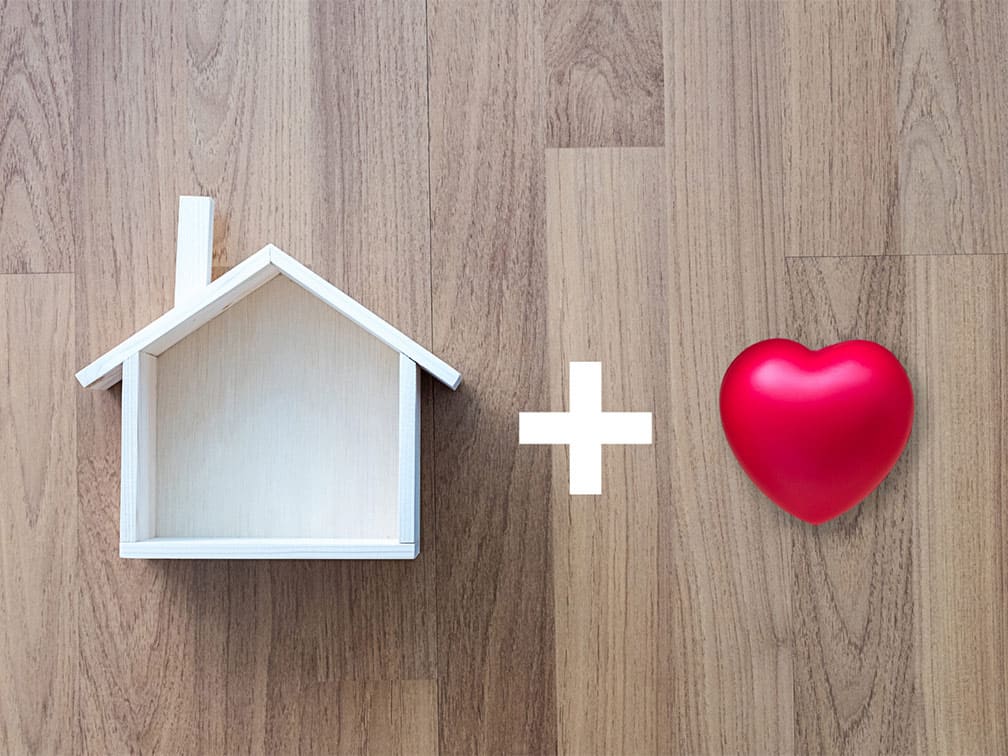Supported Independent Living (SIL) is a shared living arrangement of two to seven National Disability Insurance Scheme (NDIS) participants, with 24/7 tailored in home disability support services. SIL supports people with disability that need assistance with everyday tasks. Each SIL resident is funded individually, and the funding reflects their unique and shared support in home.
Who is eligible for SIL funding?
To access SIL services, you must have a current NDIS plan with allocated funding for SIL included in your plan or Disability Support for Older Australians Program (DSOA) funding.
The National Disability Insurance Agency (NDIA) has a set criterion to access funding for SIL based on ‘reasonable and necessary supports’. To be eligible for SIL funding, you must:
- Provide evidence that you are unable to live without 24/7 supports. This is recognised through a Functional Assessment Report (FAR) undertaken by an Allied Health professional.
- Provide an Identifying Housing Solution’s report by a support coordinator.
SIL eligibility must also consider any informal supports provided by family members, carers, networks, and the community. It is vital that the supports are effective, tailored, and beneficial to the individual. At Nextt, we can help you determine your eligibility for funding.
What support will Nextt provide me?
Once your eligibility has been determined, it is time to find the right home, and housemates for you to move in with. Nextt currently support many people living in disability accommodation, we have a team of experts available to support you in starting this process. We can assist you by:
- Finding the right people for you to live with ensuring a good match.
- Locating a property that meets your individual needs.
- Supporting you with your transition.
Nextt will support you during all areas of life including:
- Daily living skills.
- Self-care.
- Home and financial management.
- Education support.
- Employment support.
- Social and spiritual events.
- Activities and groups.
Supported Independent Living may suit you if you enjoy living independently but also require some extra support to meet your daily needs. Call us on 1300 369 568, or register your interest here, for more information.



